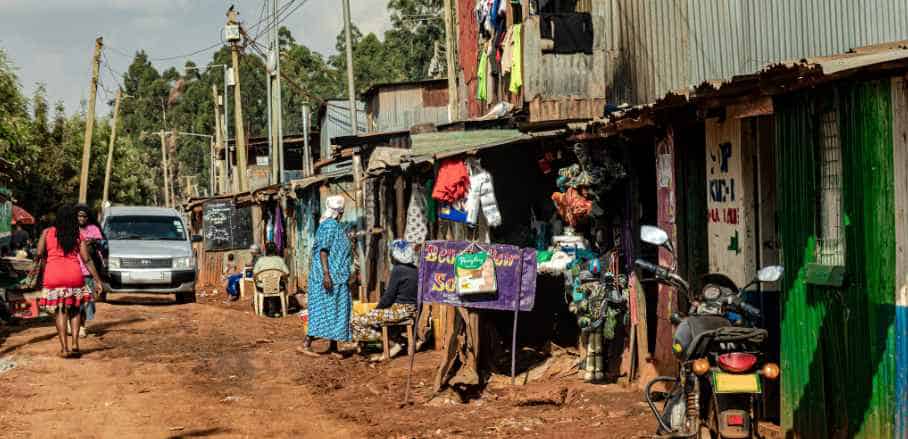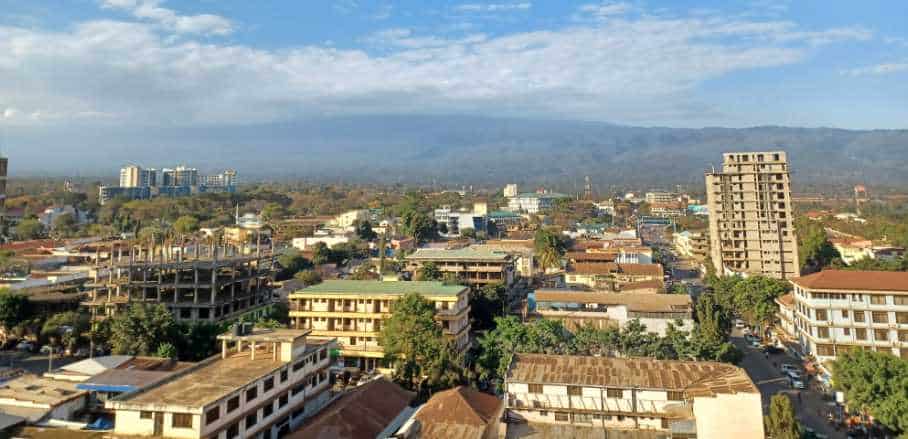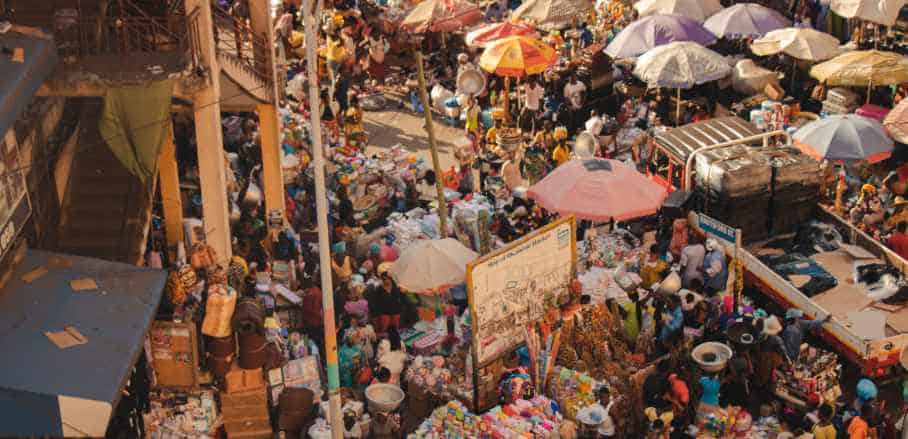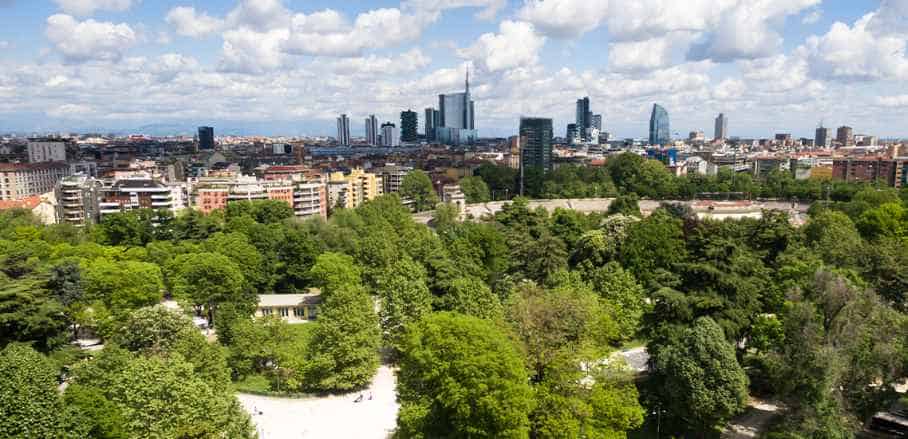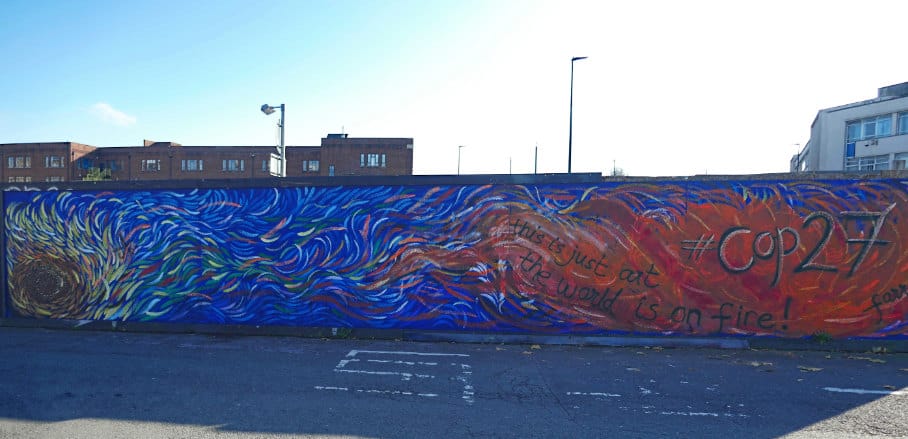Integrated Planning
Navigating the Concrete Jungle: The Gender Divide in Urban Life
From accessing public services to just being able to survive, the city can be a vastly different place for different genders. Join Paula Meth as she explores gender inequalities in informal urban environments.
Leave No One Behind – Including Marginalised Communities Through Inclusive Urban Planning
Implementing the concept of Leave No One Behind (LNOB) often correlates with facing multiple challenges on a municipal level. Hannah Schabert discusses lessons learnt.
Trading to Eat: How The Informal Economy is Hunger-Proofing Africa’s Cities
In many African cities, informal food traders sell everything from fresh produce to fried chicken feet at affordable prices to people who need the food most. Luke Metelerkamp is convinced: informal trading is hunger-proofing Africa's cities, arguably providing the continent's largest nutritional safety net.
Nature Will Guide You: Co-Creating Nature-Based Solutions in European Coastal Cities
Nature provides us with built-in solutions to some of the most pressing global issues. Laura Quadros Aniche and Rochelle Caruso discuss what Nature-Based Solutions involve and present an innovative project with partners in 12 different countries across Europe.
Urban Forestry – How Innovative Approaches Can Help Reach the SDGs
Urban Forestry can help meet the Sustainable Development Goals (SDGs) – if its challenges are addressed the right way. Florencia Florido on a new report discussing inventive paths to implement Urban Forestry within European cities.
COP27: Equipping Today’s Cities for Tomorrow’s Climate Crises
Lou Del Bello reports from COP27 and highlights some of the key topics, such as the war in Ukraine and the Summary for Urban Policymakers. The 2022 United Nations Climate Change Conference was held in Sharm El-Sheikh, Egypt.
